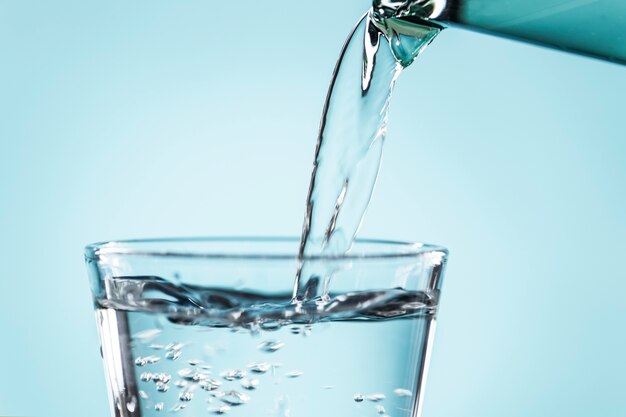Introduction:
Hydration is a fundamental aspect of human health that is often overlooked. Water makes up a significant portion of our body, and it plays a crucial role in various physiological functions. Proper hydration is essential for maintaining optimal health, yet many people struggle to drink enough water on a daily basis. In this blog, we will explore the importance of hydration and provide practical tips on how to stay properly hydrated for overall well being.
Why is Hydration Important?
Water is an essential nutrient that is involved in numerous physiological processes in the body. It helps regulate body temperature, transports nutrients and oxygen to cells, removes waste products, cushions joints, and supports organ function. When we are not properly hydrated, it can negatively impact our health and well-being.
Dehydration can lead to a range of symptoms, including fatigue, headache, dizziness, dry mouth, constipation, and muscle cramps. Chronic dehydration can also contribute to more serious health issues such as kidney stones, urinary tract infections, and heat-related illnesses. Therefore, staying properly hydrated is crucial for maintaining optimal health and preventing dehydration-related complications.
How Much Water Do You Need?
The amount of water each person needs can vary depending on factors such as age, sex, weight, activity level, and climate. As a general guideline, it is recommended to drink at least eight 8-ounce glasses of water per day, which is equivalent to about 2 litres or half a gallon. This is known as the “8×8” rule and is a simple way to ensure you are getting enough water throughout the day. However, individual water needs may vary, and it’s important to listen to your body’s signals for thirst. Thirst is a natural mechanism that indicates your body needs water, so drink water whenever you feel thirsty. It’s also essential to drink more water during hot weather, physical activity, illness, or if you are pregnant or breastfeeding, as these circumstances can increase your water requirements.
Tips for Staying Hydrated:
Here are some practical tips to help you stay properly hydrated:
- Carry a water bottle: Having a water bottle with you at all times serves as a visual reminder to drink water regularly. Choose a reusable water bottle that is BPA-free and convenient to carry around, whether at work, home, or on the go.
- Set reminders: In today’s busy world, it’s easy to forget to drink water. Set reminders on your phone or computer to drink water at regular intervals. You can also use hydration apps that send you notifications to drink water throughout the day.
- Eat hydrating foods: Many fruits and vegetables have high water content and can contribute to your overall hydration. Examples of hydrating foods include watermelon, cucumber, oranges, strawberries, lettuce, and celery. Incorporate these foods into your diet to increase your water intake.
- Limit dehydrating beverages: Some beverages can have a diuretic effect, leading to increased urine production and potentially causing dehydration. Examples of dehydrating beverages include alcohol, caffeinated drinks like coffee and tea, and sugary beverages. Limit your consumption of these beverages and drink water alongside them.
- Pay attention to urine colour: The colour of your urine can be an indicator of your hydration status. If your urine is pale yellow or clear, it’s a sign that you are adequately hydrated. If it’s dark yellow or amber, it may indicate you are dehydrated.




